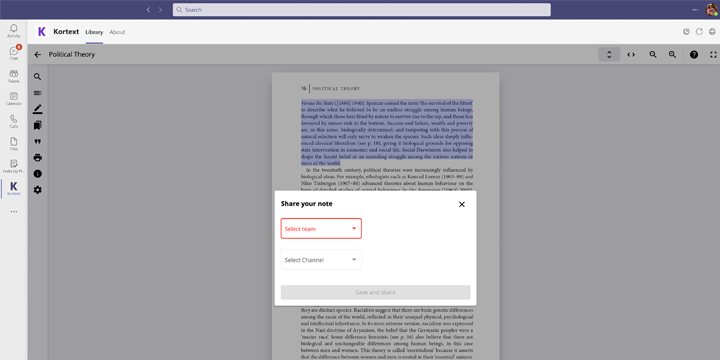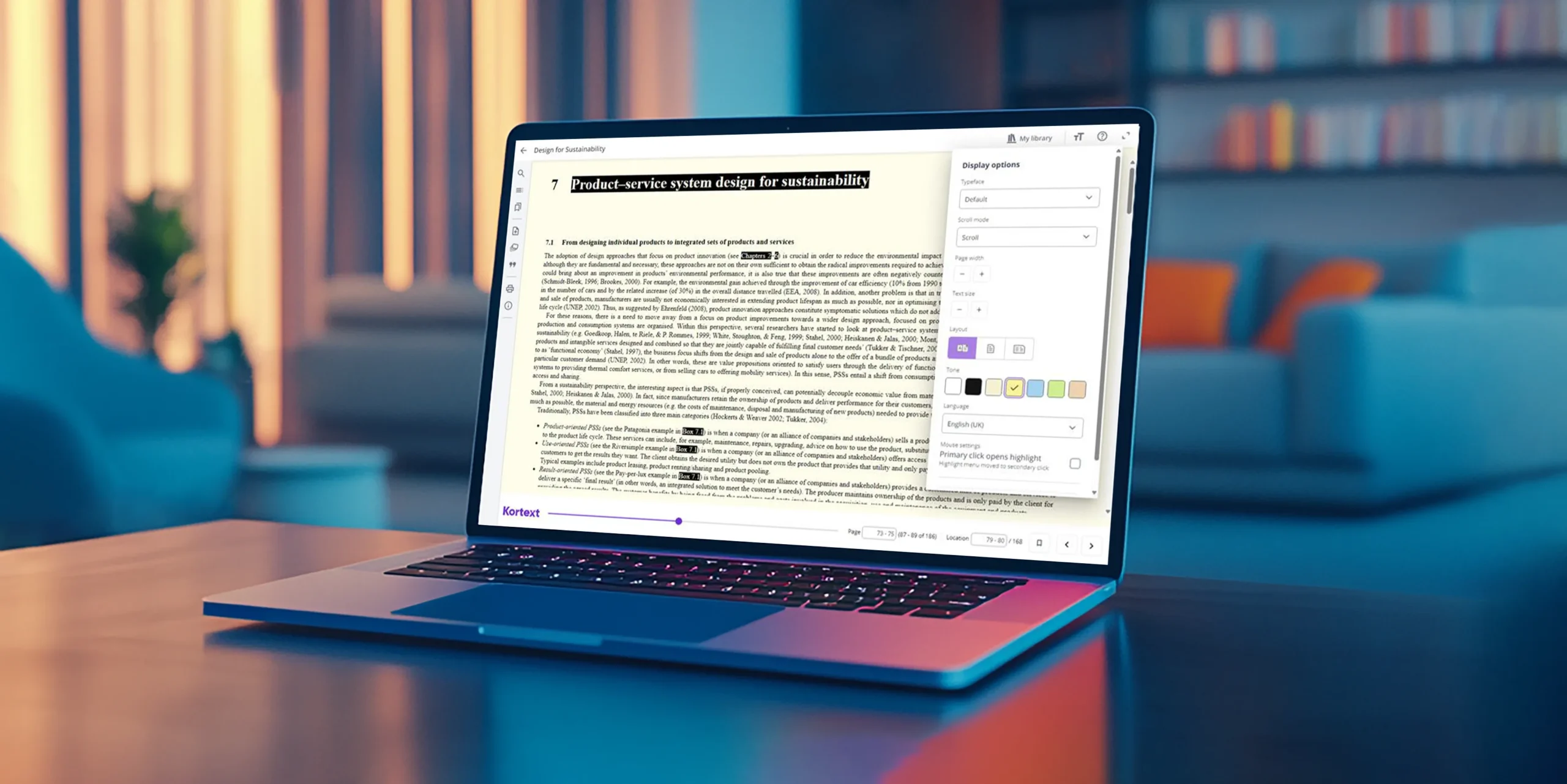This month, AdvanceHE published the results of its 2021 UK Engagement Survey and it made for interesting reading. The survey recorded a “more than 15% point drop in the score for learning with others” with AdvanceHE suggesting that “the biggest impact of the pandemic has been on the chance for students to interact with their peers.”
So, what does this mean for the graduates of the future?
Cooperation is a crucial part of student education, with many UK universities now focusing their attentions on collaborative, research-led learning. In a collaborative setting, students learn core skills like communication, reasoning and leadership skills whilst applying their subject knowledge. Without this peer-to-peer interaction, there’s a risk that they could emerge from university without the soft skills needed to navigate the workplace effectively.
And that’s not to diminish the dangers of students graduating without having developed those vital collaborative skills that can spark innovation and, in some cases, change the world. We see (and hear) evidence of epic, revolutionary collaborations every day. Without the union of David Bowie and Freddie Mercury we’d never have experienced the masterpiece that is “Under Pressure” and tried our hand at scat singing (“de ba de da day – okay!”).
Look at the world of science
It was only by working together and sharing their knowledge that James Watson and Francis Crick developed the first double-helix model of DNA that we all know today – even then, their ideas were inspired by the previous work of both Rosalind Franklin and Maurice Wilkins.
Sadly, whilst Watson, Crick and Wilkins received a Nobel Prize for their collaboration, Rosalind Franklin didn’t get the credit she deserved – but that’s a topic for another day.
New ways to learn together
At Kortext, we understand the challenges posed by remote and blended learning and the importance of collaboration when supporting the next generation of difference makers. Our platform is more than just an eTextbook reader and offers a host of smart, interactive study tools to enhance the teaching and learning experience. This includes Kortext’s group collaboration tools, which enable students to connect with each other and their academics directly through the Kortext platform. They can set up study groups, share notes, annotations and highlights within texts and ultimately enjoy the opportunity to learn from one another. Information can be shared through the eBook, social media, via email and over Teams – introducing new ways to learn together while away from the classroom.

This collaborative activity can be easily recorded by an institution using Kortext analytics so librarians and academics can see where students are engaging with content and with each other.
Partnering with Student Minds
Of course, there is also the issue of student mental health to consider. Working in near isolation can take its toll. In fact, this year’s annual National Student Survey, run by the Office for Students, found that more than half of UK university and college students feel their mental wellbeing has not been supported enough this year. That’s why we’ve partnered with Student Minds, the student mental health charity, to help further support our student users through their studies. This partnership allows us to link students directly to Student Space – a mental health hub managed by Student Minds – through the Kortext platform, when they need it most.






